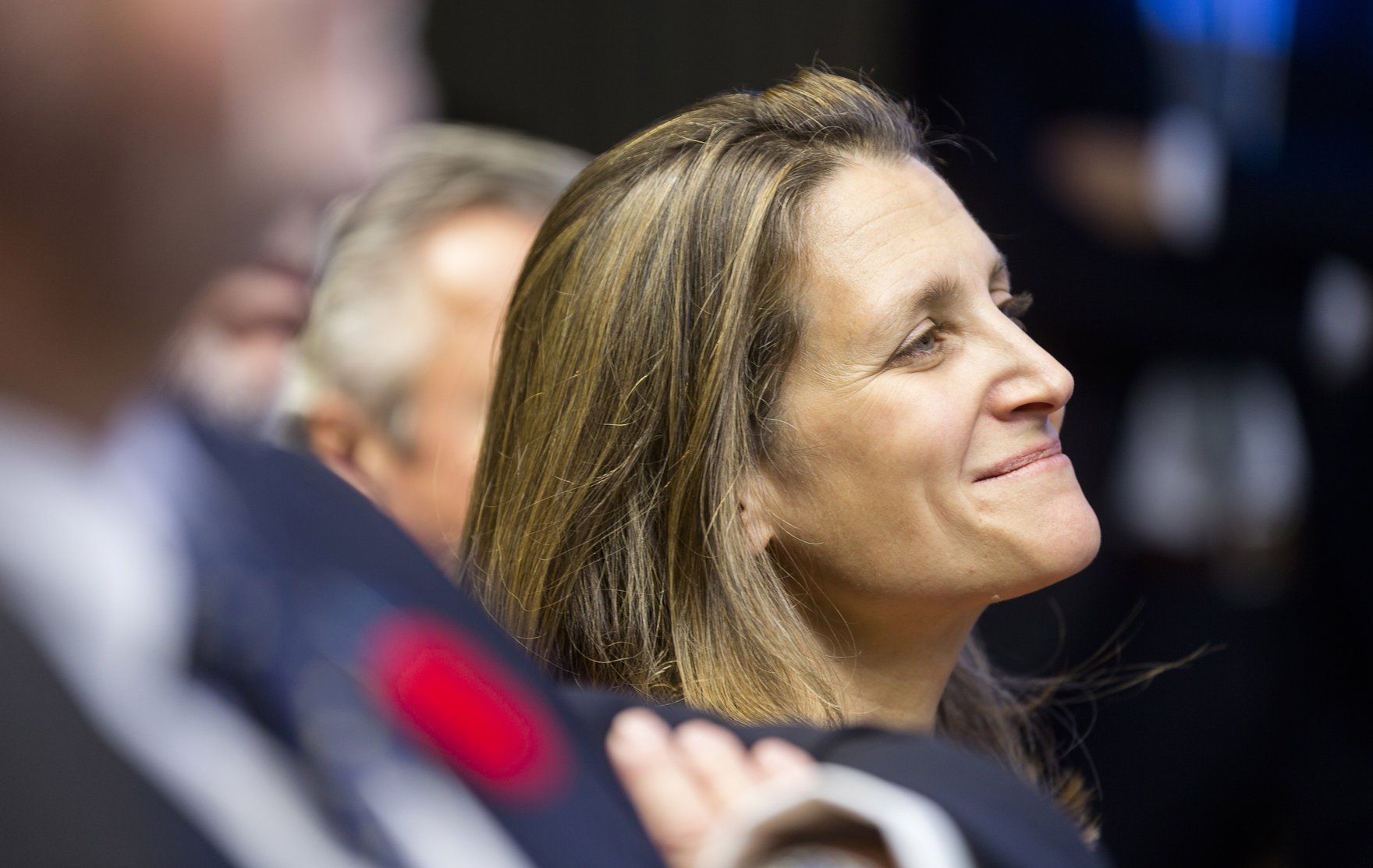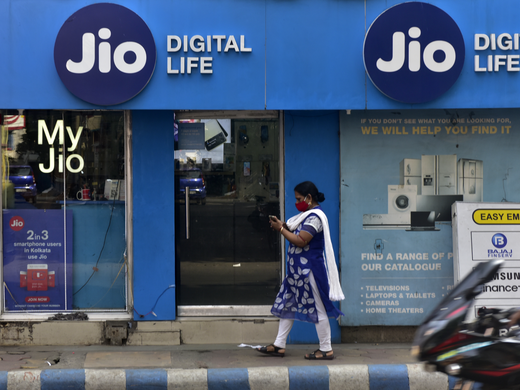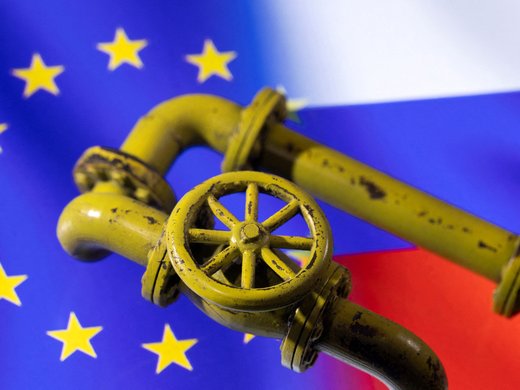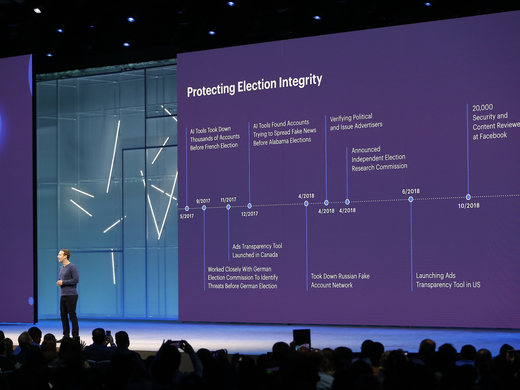Make no mistake: Chrystia Freeland’s promotion to the position of Canada’s top diplomat is first and foremost about getting ready for relations with Donald Trump’s America. But by making Freeland Canada’s foreign minister, Prime Minister Justin Trudeau has made an adroit move that stands to make Canada’s policy towards Russia more effective.
Since taking office, Trudeau has tried to thaw Canadian-Russian relations. He rebuked his predecessor’s tough talk (Stephen Harper personally told Vladimir Putin to “get out of Ukraine” in 2014) and has not embraced Ukrainian President Petro Poroshenko in the same unconditional manner that Harper did. He has dithered on the decision to renew Canada’s mission to train Ukraine’s armed forces.
Outgoing foreign minister Stéphane Dion talked about avoiding military buildups and confrontation with Russia in the Arctic, and expressed the hope that Moscow and Ottawa could cooperate in the far north. This past summer, Russian President Vladimir Putin appeared to reciprocate some of those warm feelings when he expressed his hope that “relations in full” could be restored between the two countries.
Trudeau and Dion may have been a bit too optimistic about the trajectory of Russia’s foreign policy — but Freeland has been a vocal critic of Russia for some time. In 2014 she unapologetically denounced Russia’s invasion of Ukraine, while others were still calling it an “incursion”. Subsequently, the Russian government placed her on a sanctions list, prohibiting her from visiting the country.
Some voices close to the Kremlin will predictably disparage Freeland’s appointment. In addition to being a critic of the current Russian government, she is also of Ukrainian heritage; some Russian voices like to accuse Canada’s government of being in thrall to a powerful Ukrainian diaspora. (In 2015, a spokesman for the Russian government-owned oil company Rosneft claimed that Canadian sanctions against Russia’s energy sector were inspired by “pro-Bandera” lobbyists. Stepan Bandera was an anti-Soviet Ukrainian partisan who was allied with Nazi Germany for some time during the Second World War.)
Typically, being persona non grata in a foreign country is not a qualification for being a foreign minister. However, promoting Freeland to Foreign Affairs bodes well for Canada’s policy towards Russia. As the minister for international trade, Freeland demonstrated a suitable amount of toughness and some shrewd tactical thinking — best demonstrated by her willingness to call the European Union’s bluff and threaten to walk out (and thereby torpedo) Canada-EU trade talks at the 11th hour. Her willingness to take risks, and to selectively use anger and frustration to punctuate a message, will serve her well when dealing with her Russian counterpart Sergei Lavrov.
Putin and his inner circle have a rather traditional view of international affairs. According to Putin’s view of the world, some nations (Russia, the United States, perhaps China) have greater rights and privileges than others. But all nations have interests, and securing those interests, by any means necessary, is fair game. The Kremlin respects strength. It takes advantage of perceived weakness.
The prospects for better relations between Russia and the West (including Canada) were not always so dire. Once, Putin was reportedly a great admirer of George W. Bush. He saw Bush as tough and resolute, and only lost his taste for Bush when he realized that the United States was going to treat Russia as a junior partner, rather than as an equal.
Rejected as a peer, the Russian government removed the gloves and now uses the foreign policy tools at its disposal to victimize its old imperial possession and torment Washington. Since the Kremlin has no interest in offering olive branches to the West — and is, in fact, willing to do its best to trample American and European elections — the thaw that Putin hoped for is not in the cards.
That does not mean that compartmentalizing the Russo-Canadian relationship — cooperating in the Arctic while standing firm against Russia’s invasion of Ukraine — is impossible. Instead, it will take a deft hand. Prime Minister Trudeau has committed several hundred Canadian soldiers to Latvia as part of a NATO mission for the foreseeable future. Canada’s sanctions against select members of the Russian government and a few Russian firms appear set to continue.
There’s no reason why Ottawa can’t demonstrate to the Kremlin that it’s serious about the international rule of law — and closing the book on Putin’s imperial ambitions — while working cooperatively in areas of mutual interest. But it will take a messenger who won’t shy away from confrontation, and who is willing to get angry when it matters. Freeland has shown she’s unafraid to call Russian aggression what it is — which means she might just be the person for the job.
Simon Palamar is a research associate at the Centre for International Governance Innovation (CIGI).
This article first appeared in iPolitics



